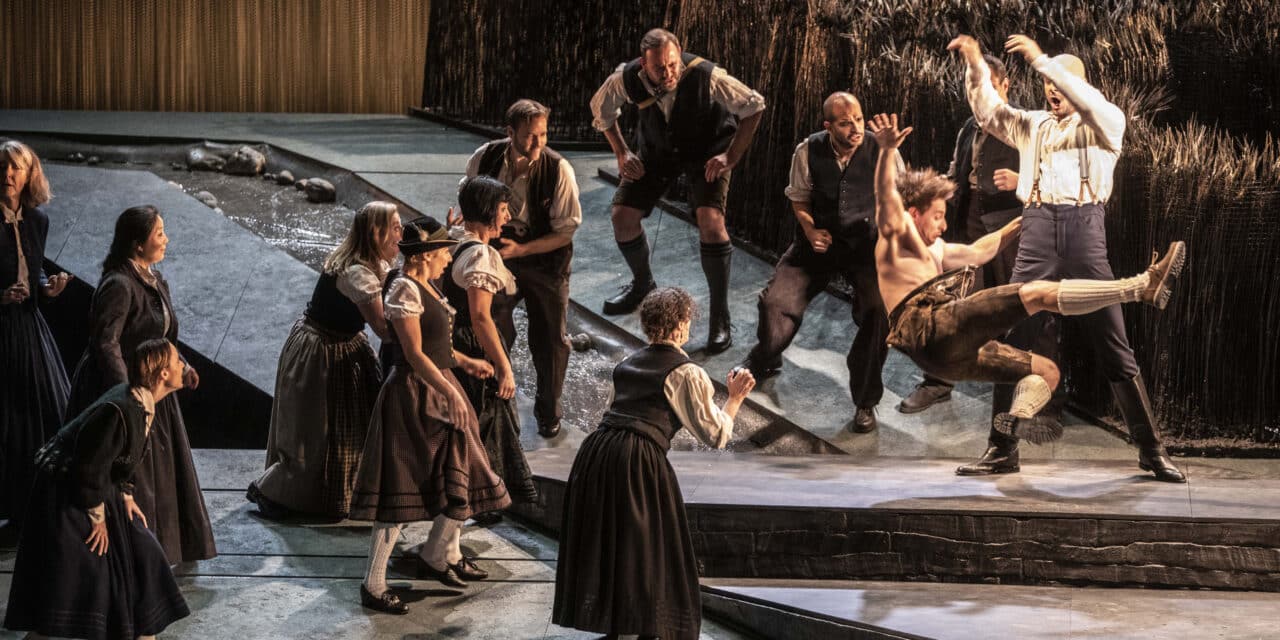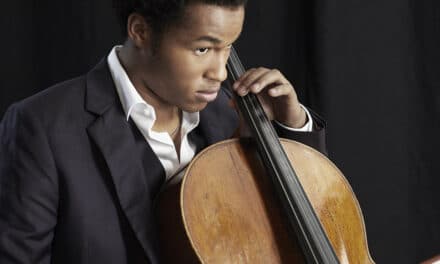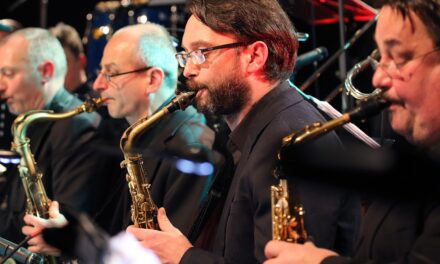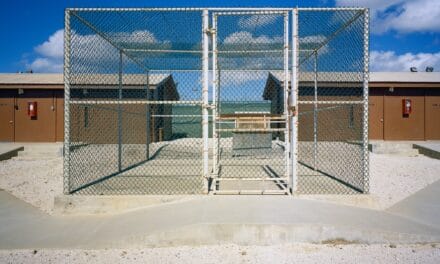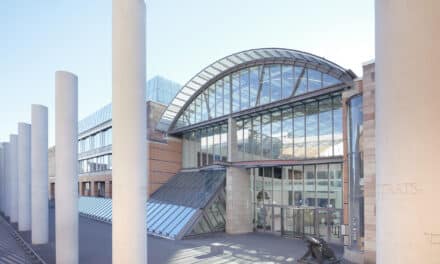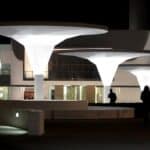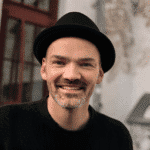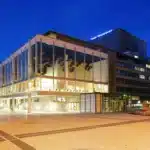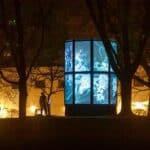Märchenwelten, die lebendig werden: Utopien oder Alpträume?
Um die Wende zum 20. Jahrhundert erlebte Wien eine kulturelle Blüte epochaler Bedeutung. Dabei avancierten Sigmund Freuds Traumforschungen und seine Deutungen der Welt des Unbewussten zu den stärksten Inspirationsquellen für Literatur, Theater und Musik. Auch Görge, der Titelheld von Zemlinskys Oper, verarbeitet in seinen Träumen Ängste und Schicksalsschläge. Er lebt in der Welt seiner Bücher und verliebt sich in eine Traumprinzessin. Allerdings soll er Grete heiraten, eine bodenständige junge Frau, die sich von ihm mehr Realitätssinn wünscht. Doch Görge will sein Lebensmärchen verwirklichen und flieht. Er strandet als Trinker in einem Dorf und wird wieder als Außenseiter betrachtet. In Gertraud, die als Brandstifterin und Hexe verschrien ist, erkennt Görge seine Prinzessin wieder. Mit ihr kann er seinen Märchen lauschen, träumen, schweigen und spielen.
Die zentralen Themen der Oper, Ablehnung und Hass gegenüber Fremden, ziehen sich wie ein roter Faden auch durch die Biografie von Alexander Zemlinsky: In Wien erlebte er die ersten antisemitischen Ausschreitungen, die sich auch gegen Künstler richteten. Eines der prominenten Opfer war Hofoperndirektor Gustav Mahler, der ihn mit der Komposition beauftragt hatte. Auch seine unglückliche Liebe zu Alma Schindler und sein Kummer flossen in Zemlinskys dritte Oper ein. Nach Mahlers Entlassung 1907 wurde die Premiere umstandslos gestrichen. So kam das Werk erst 1980 als Höhepunkt einer Zemlinsky Renaissance in Nürnberg endlich zur Uraufführung.
Premiere 25. Februar 2024
weitere Aufführungen: 29. Februar, 3., 9., 13., 16., 23. und 31. März 2024

